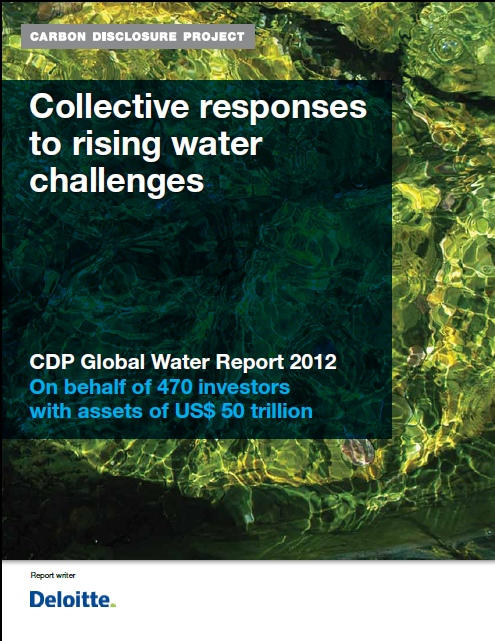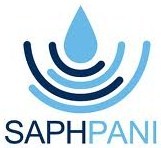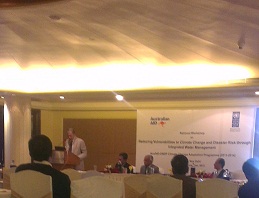Equity
Assessing the land use change and its impact on water resources: A study on the Mula and Mutha rivers catchment area in Pune
Posted on 17 Feb, 2013 09:11 PMLand use changes hydrologic system and have potentially large impacts on water resources. An assessment in an area with seasonally limited water availability and which is subject to rapid socio- economic development and population growth will provide an exemplary view on the local impacts of major recent developments in India. In this backdrop this paper analyzes past land use changes between 1989 and 2009 and their impacts on the water balance in the Mula and Mutha Rivers catchment upstream of Pune. The aim of the paper is:
- assess the land use changes between 1989/1990 and 2009/2010
- analyze the impacts of these changes on the long-term water balance components in the Mula and Mutha Rivers catchment upstream of the city of Pune.
National Alliance of People's Movements invites internship applications for research, campaign and outreach and media and communications associates - Apply by February 28, 2013
Posted on 09 Feb, 2013 07:03 PMOffered by
National Alliance of People's Movements (NAPM)
About NAPM
National Alliance of People’s Movements (NAPM) is an alliance of more than 250 grass root people’s struggles in India working on a range of issues related to socio – economic – political - justice and equity. Members affiliated with us are engaged in struggles around the issues of development, displacement, urban and rural planning, environmental concerns, human rights violations, livelihood rights, labour concerns, indiscriminate industrialization, corporate accountability, corruption, governance, electoral reforms and transparency.
Internships and Volunteer opportunities are available at our national office Delhi and regional offices in Hyderabad, Bhubaneshwar, Patna, Mumbai, Pune, Vadodara, Surat, Ahmedabad, Lucknow, Bangalore and also with specific movements across the country.
Forced displacement: A gendered analysis of the Tehri dam project, Uttarakhand - An article in EPW
Posted on 10 Jan, 2013 08:18 PMThis paper by Vandana Asthana in the Economic and Political Weekly (EPW) examines the lived experiences of displaced women based on the empirical findings of research that looks at women displaced by the construction of the Tehri Dam and their relocation elsewhere.
On the Sabarmati riverfront: Urban planning as totalitarian governance in Ahmedabad, Gujarat – An article in EPW
Posted on 10 Jan, 2013 07:05 PMThe risks of increased water efficiency requirements: The carbon disclosure project global water report 2012
Posted on 31 Dec, 2012 08:30 AMA brief note on emerging water challenges in India
Posted on 13 Dec, 2012 09:33 PMThe contemporary Indian social, demographic context is witnessing steady rise in demand over water resources and experiencing crunch in its access and availability, clubbed with livelihoods challenges never before. On the contrary, meager policy instruments, inadequate institutional capacities and lack of machinery in place to address or ensure sustainability of its resources.
Highlights from the 10-year water policy research programme of the International Water Management Institute and the Sir Ratan Tata Trust discussed at the IWMI - TATA Annual Partners' Meet at Anand, between 28-30 November, 2012
Posted on 05 Dec, 2012 02:06 PMIWMI-Tata water policy research programme is a collaborative initiative between the International Water Management Institute (IWMI) and the Sir Ratan Tata Trust (SRTT).







